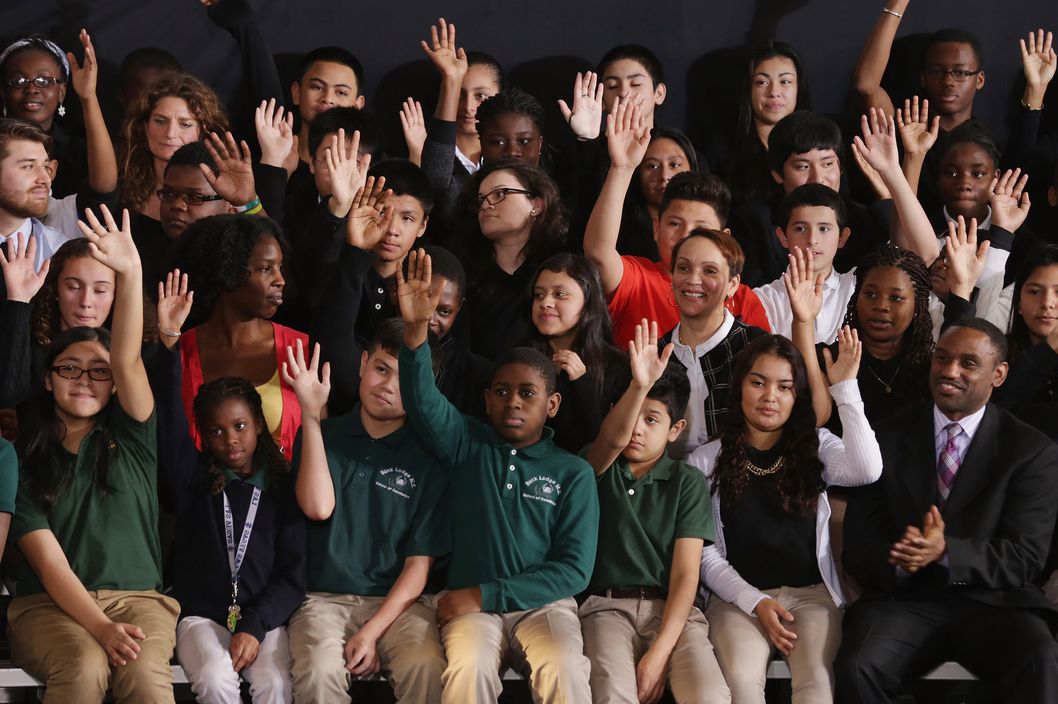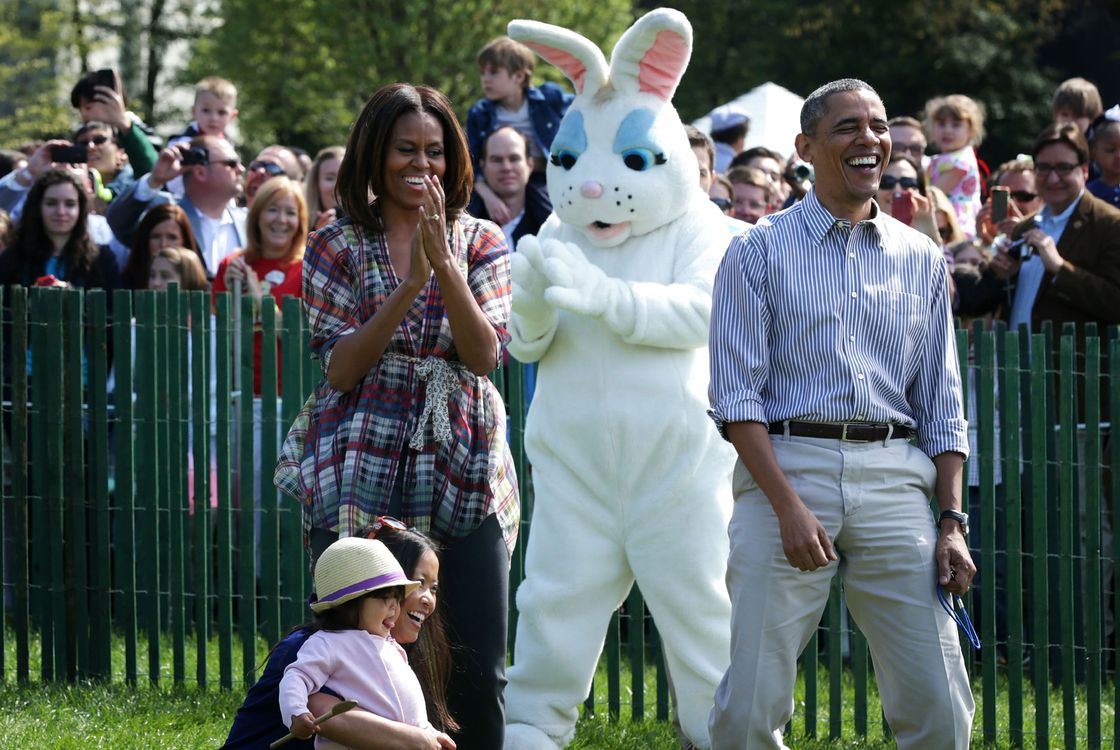Political competition, not racism, changes voter alignments
Have the Republicans become the white man's party? Are the depth and bitterness of Republicans' opposition to Barack Obama and his administration the product of racism?
Those are questions you hear in the clash of political argument, and you will hear plenty of answers in the affirmative if you click onto MSNBC or salon.com with any regularity.
| “ |
| "Race ... has now became the primal grievance in our politics." |
| ” |
Chait, a liberal, starts off by noting that the post-racial America that Obama seemed to promise in his 2004 national convention speech and his 2008 campaign has not come into being.
On the contrary. “Race, always the deepest and most volatile fault line in American history,” he writes, “has now became the primal grievance in our politics, the source of a narrative of persecution each side uses to make sense of the world.”
Many liberals see racism in every criticism of the Obama presidency, even though, as Chait points out, Bill Clinton met with similar and in some cases more strident opposition.
Conservatives, he argues, “dwell in a paranoia of their own, in which racism is used as a cudgel to delegitimize their core beliefs.” Understandably so, given his description of liberals’ “paranoia of a white racism.”
Chait defends liberals by arguing that the debates on big government inevitably produced by the Obama agenda and “there is no separating this discussion from one’s sympathies or prejudices toward, and identification with, black America.”
But he also admits that “advocating tax cuts is not in any meaningful sense racist.” And he seems to ignore the argument that policies that directed large sums of money disproportionately at blacks--like the welfare programs from the 1970s to the 1990s, which the Obama administration is trying to partially resurrect--harm more than benefit their intended beneficiaries.
This is, after all, what House Budget Chairman Paul Ryan was getting at when he lamented “a culture, in our inner cities in particular, of men not working.” The fact that Obama has made similar arguments didn't prevent Ryan from being excoriated as racist by some liberals.
Read More Here
.....
NY Mag.com
Is the Rising Democratic Majority Doomed?
By Jonathan Chait
When Ruy Teixeira and John Judis wrote The Emerging Democratic Majority a dozen years ago, few of us placed much credence in their then-wild-sounding prediction. As recently as two and a half years ago, it was still being ridiculed.
As political events have increasingly borne out the prediction, it has been met with a series of objections, most of which have either been confounded or made no sense to begin with. Consider a few:
Objection: The growth of the Latino vote might stop (Sean Trende).
Result: Nope, the Latino vote has continued to rise.
Objection: Younger millennial voters entering the electorate during the sluggish Obama recovery would turn against him (Dana Milbank, Michael Barone).
Result: No, it turns out “Younger and older millennials also have similar assessments of the job Barack Obama is doing as president.”
Objection: Young voters are “libertarian,” and politically independent, and thus up for grabs (Ron Fournier, Julie Borowski, Nick Gillespie, and pretty much all the libertarians).
Result: This goes in the “never made any sense” category. Like libertarians, millennial voters do tend to have left-wing views on social policy and culture. Very much unlike libertarians, they also tend to have left-wing views on economics. They self-identify as “liberal,” believe the government has a duty to provide health insurance to all Americans, and support “bigger government” in the abstract at a far higher rate than any other age cohort. It’s true that millennial voters self-identify as “independent” more than Democrat, but they vote heavily Democratic. (Political scientists understand that most self-identified “independents” reliably vote for the same party).
**
The most popular new grounds for skepticism hold that the browning of America will provoke a backlash among whites — as the proportion of Latinos and Asians rises, threatened whites will grow increasingly conservative. Versions of this hypothesis have reverberated not only among conservatives like Trende and Barone, but also among liberals like Jamelle Bouie. And this theory does have at least some suggestive evidence that it may be true.

It is certainly plausible that this study portends a future racially polarized America. But it seems strange to treat mass trends in evidence among successive elections involving over 125 million Americans while hanging confident predictions of the future of American politics on a laboratory microsimulation. People are highly susceptible to priming — which is to say, even slight changes to the context in which they make a decision can produce large differences in their actions. Making white people focus on increasing diversity while sitting in a controlled room may cause them to immediately report more conservative beliefs. That does not necessarily tell you what the open vista of American politics, a vast ecosystem teeming with messages and context of all kinds, will look like.
Read More Here
.....










No comments:
Post a Comment
Hello and thank you for visiting my blog. Please share your thoughts and leave a comment :)